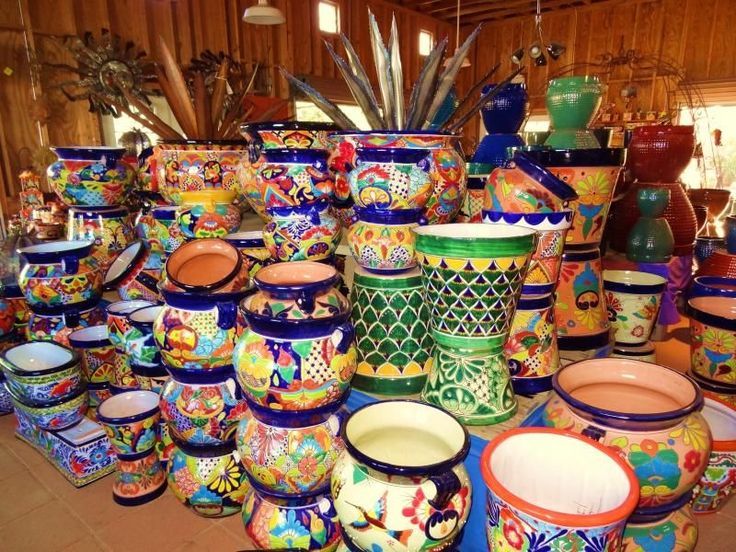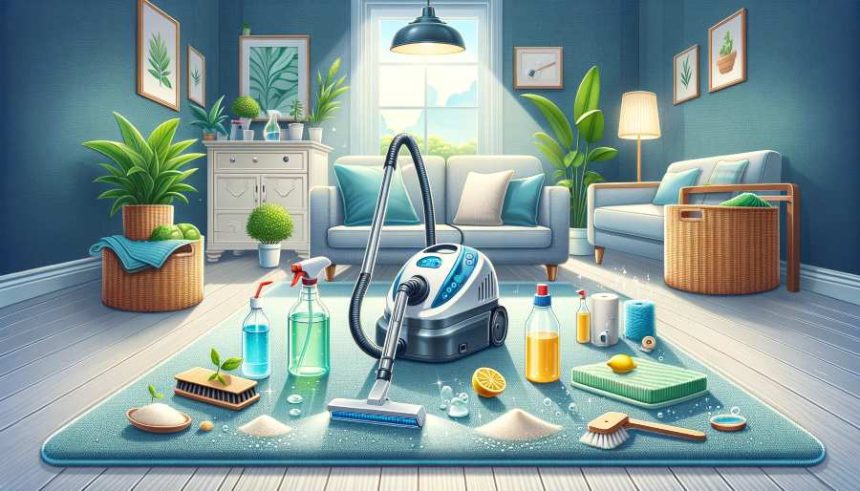Carpets can be expensive investments that add warmth, comfort, and style to your home. However, they require regular cleaning to keep them looking fresh and extend their lifespan. While you can always hire professional carpet cleaners, making your homemade cleaning solutions can save you money and allow you to control the ingredients used.
We will provide everything you need to know to make the best homemade carpet cleaning solution for use in machines. We’ll cover the benefits, required ingredients and steps to make homemade solutions. You’ll also learn how to customize solutions for different carpet types and stains. Read on to become a carpet cleaning expert!
Benefits of Homemade Carpet Cleaning Solutions for Machines
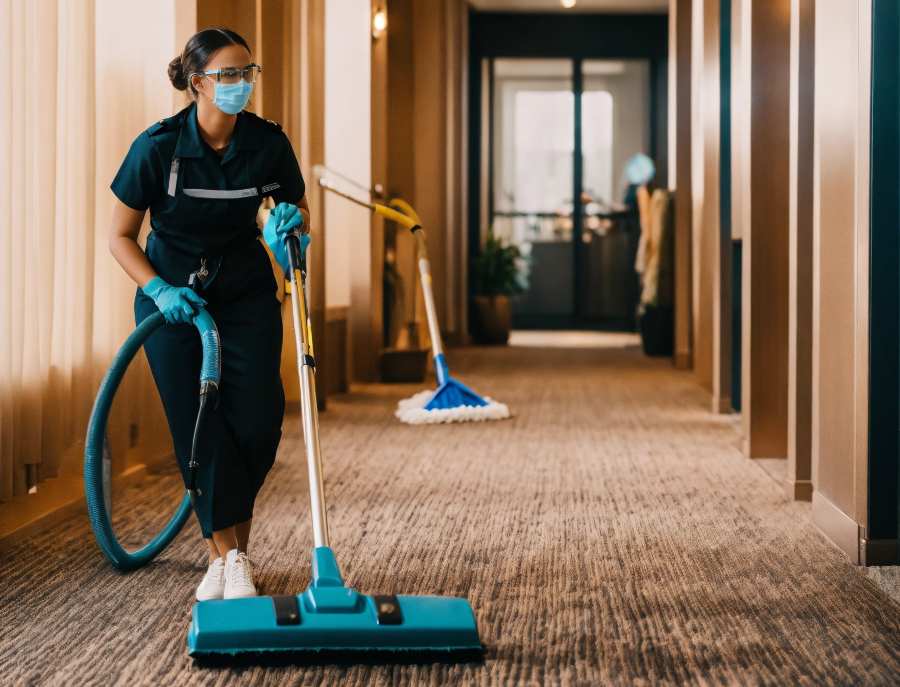
Using a homemade solution in your carpet cleaner comes with many advantages:
Cost Savings
Homemade carpet cleaning solutions can save you significant amounts compared to store-bought solutions.
Cost Comparison of Homemade vs Commercial Carpet Cleaning Solutions
| Homemade | Commercial | |
|---|---|---|
| Cost per gallon | $1 – $3 | $10 – $30 |
| Cost per cleaning (2 gallons) | $2 – $6 | $20 – $60 |
As you can see, homemade solutions are 80-90% cheaper than commercial products! Over the years, this can result in huge savings.
Health and Environmental Safety
Many store-bought carpet cleaners contain harsh chemicals that can harm your health and the environment.
These chemicals can cause skin irritation, breathing problems, headaches, and nausea. Making your own cleaners with natural ingredients like vinegar, baking soda, and plant-based soap is a better choice.
These ingredients are non-toxic, gentle on skin and the environment, and biodegradable, meaning they break down naturally. Unlike commercial products, homemade cleaners don’t pollute our water and soil with harmful chemicals, keeping your family, pets, and the planet safer and healthier.
Effectiveness and Versatility
With the right recipe, homemade carpet cleaners can dissolve dirt, grease, stains and odor as effectively as commercial products.
Additionally, you can customize homemade solutions for different carpet types and stains. Commercial cleaners are one-size-fits-all and may not work equally well on all carpet fibers and soils.
Convenience
Whipping up a batch of homemade carpet cleaner takes about 5 minutes. You likely already have the ingredients at home, too.
No more last-minute trips to the store when you discover an unexpected mess on your carpet before the company arrives!
What You’ll Need to Make Homemade Carpet Cleaning Solutions
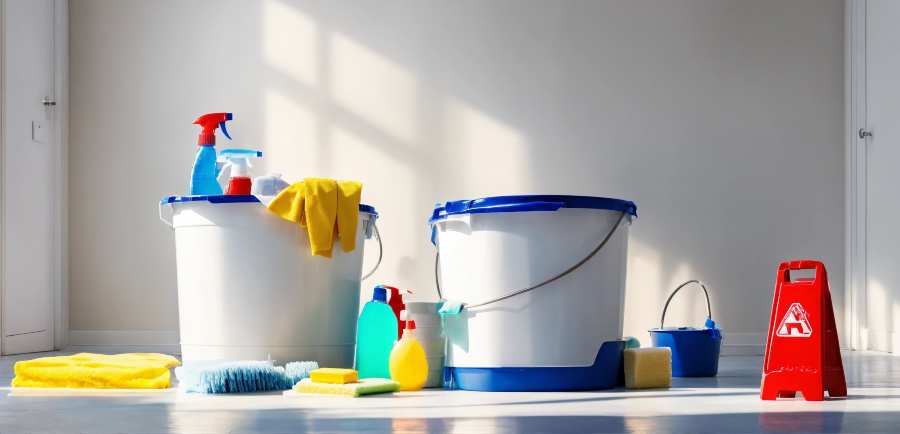
Homemade carpet cleaners contain a few basic ingredients that cut through grease and grime.
Here are the essential items to have on hand:
White Vinegar
White vinegar is the base for most homemade carpet cleaning recipes. The acetic acid in vinegar dissolves grease, kills mold and bacteria, and neutralizes odors.
Distilled white vinegar with 5% acidity works best. Avoid cider and other flavored vinegar, which can stain carpets.
Baking Soda
It helps lift stains, freshen carpets, and neutralize vinegar’s acidity.
Liquid Dish Soap
Dish soap is an essential ingredient in DIY carpet cleaners. The detergents help lift oil-based stains like grease, mud, and motor oil from carpet fibers.
Opt for a mild, eco-friendly dish soap with minimal fragrances. Dish soap containing lemon juice adds extra grease-cutting power.
Hydrogen Peroxide
The oxidizing properties of hydrogen peroxide whiten carpet fibers and help remove organic stains like coffee, wine, and pet accidents.
Use standard 3% hydrogen peroxide solution from the drugstore. Higher concentrations can damage and fade carpets.
Liquid Laundry Detergent
For severely soiled carpets, add some liquid laundry detergent to your cleaner. Laundry detergent contains strong surfactants that remove heavy stains.
Essential Oils (Optional)
A few drops of essential oils like lemon, eucalyptus, or peppermint provide a light, fresh scent to your homemade cleaner.
Carpet Cleaner Recipe
Once you gather the ingredients, making a DIY carpet cleaning solution takes just minutes.
Basic Homemade Carpet Cleaner Recipe
- 2 cups warm water
- 1/2 cup white vinegar
- 1/4 cup baking soda
- 1 tsp clear dishwashing soap
- 10 drops essential oil (optional)
Steps
- Fill a bucket with 2 cups hot water. Heat helps dissolve grease and oil.
- Add vinegar, baking soda, and dish soap. Stir until fully dissolved.
- Add 5-10 drops of essential oil for a fresh scent if desired.
- Pour into carpet cleaning machine reservoir and use as normal.
This simple solution works wonders on typical dirt and stains. For tougher messes, keep reading to learn how to customize and amplify your cleaner.
Customizing Homemade Carpet Cleaners
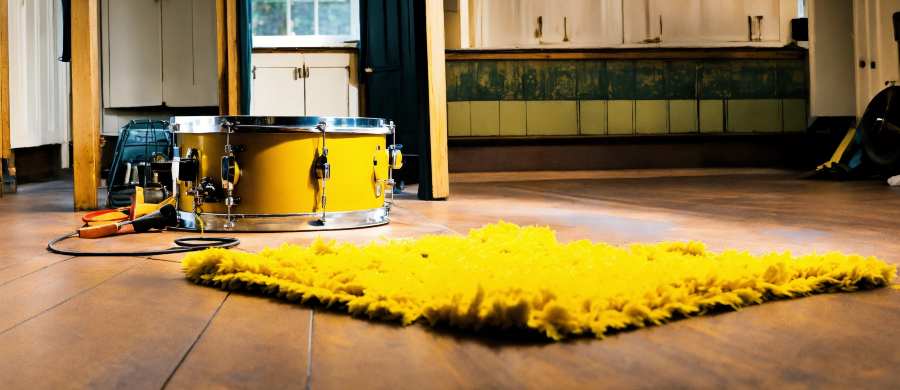
You can tweak the basic recipe depending on your carpet type and the soils you need to remove.
Adjusting for Carpet Fiber
Carpet fiber affects how much cleaning solution it can absorb before becoming saturated. Heavily soiled, high-traffic areas may also require stronger cleaners.
Carpet Fiber Cleaning Guidelines
| Fiber Type | Recipe Tips |
|---|---|
| Wool | Use less vinegar to avoid damage to fibers. Reduce cleaning passes. |
| Nylon/Polyester | Can handle higher concentrations of vinegar, peroxide, and detergent. Increase solution for heavily soiled areas. |
| Olefin (Polypropylene) | Prone to holding soils. Use lighter cleaning solutions to avoid over-wetting. |
| Acrylic | Acrylic repels and resists stains. Use light, diluted solutions. |
Targeting Specific Stains and Odors
Certain ingredients boost stain-fighting capabilities. Add these to tackle tricky carpet stains:
Stain-Busting Ingredient Cheat Sheet
| Type of Stain | Add to Solution |
|---|---|
| Food stains, oil, grease | Dish soap, ammonia |
| Wine, coffee, blood | Hydrogen peroxide |
| Pet urine | Vinegar, baking soda |
| Mold, mildew | Vinegar, borax |
| Heavy dirt | Laundry detergent |
You can also boost odor elimination with these additions:
- Baking soda – absorbs odors
- White vinegar – neutralizes odors
- Lemon juice – freshens scent
- Essential oils – mask odors with pleasant aromas
Start with smaller amounts of stain-fighting ingredients and perform a spot test. Increase amounts if needed.
Using Homemade Carpet Cleaning Solutions in Machines
Homemade carpet cleaners can be used in any carpet cleaning machine designed for water-based solutions. This includes upright machines, portable spot cleaners, and full-size extractors.
Follow these best practices when using homemade solutions in carpet cleaning machines:
- Read the equipment manual – Follow all instructions provided by the manufacturer.
- Vacuum thoroughly – Remove dry soil prior to using cleaning solutions.
- Pre-treat stains – Spot clean severe stains before running the machine
- Test for colorfastness – Check for color bleeding or damage on a small, inconspicuous area of carpet before cleaning the entire area
- Allow proper dry time – Run fans and air conditioning to aid carpet drying.
- Rinse with water only – Run a water-only rinse cycle to remove cleaning solution residues after cleaning.
- Clean the machine – Flush all hoses and hand tools to remove cleaning solution residues.
Adhering to these steps prevents damage, soiling, and mold growth.
Some high-powered extractors may require diluting homemade solutions with water according to the manufacturer’s instructions. Test different dilution ratios to determine the optimal mix of cleaning power and residue removal for your machine.
Storing Homemade Carpet Cleaning Solutions
Like any cleaning product, proper storage prevents waste, contamination, and accidents.
Follow these tips for storing homemade carpet cleaning solutions:
- Use an airtight plastic container or glass jar
- Label container with name and date mixed
- Discard if older than 3-6 months
Write mixing and usage instructions on the label as well to eliminate guessing games later.
Disposing of Leftover Homemade Carpet Cleaners
One major advantage of homemade cleaners is their environmental safety. However, some precautions should still be taken when disposing of excess solution.
Do NOT:
- Pour leftover cleaning solutions down the drain. The ingredients can still react with pipes.
- Dump solutions directly into your yard or garden. The mix of ingredients may adversely impact plants.
- Put down street drains or sewers. This risks contaminating groundwater and waterways.
Recommended disposal methods:
- Use up remaining solution – Clean throw rugs, upholstery, car mats, etc.
- Allow to fully evaporate in an open container before discarding in the trash
- Mix with an absorbent material like cat litter or sawdust before placing in the trash
- Flush small amounts (1 cup or less) down the toilet
- Pour onto gravel, dirt, or sand areas where plants won’t be impacted
If making a large batch of solution, mix only what you expect to use in a reasonable timeframe. Stockpiling large quantities increases waste when the solution expires.
Making Carpets Last with Homemade Cleaners
Using homemade solutions can actually extend the life of your carpets compared to harsh commercial products. Follow these tips:
- Clean frequently – Don’t allow stains to set. Remove spots quickly.
- Use carpet protector – Seal carpets after cleaning to repel future stains.
- Manage traffic and sunlight – Rotate area rugs to distribute wear patterns. Close curtains/blinds to prevent UV damage.
- Don’t over-wet – Extract as much moisture as possible after cleaning.
- Groom pile – Use a rubber bristle brush to lift the crushed pile.
- Clip snags immediately – Prevent runs or unraveling.
Your carpets provide comfort and aesthetic appeal to your home. With some basic ingredients and these cleaning tips, your carpets will look fresh for years to come.
Review On DIY Carpet Cleaners
Homemade carpet cleaning solutions offer major benefits compared to commercial products:
Homemade Solutions
- Cost 90% less
- Avoid toxic chemicals
- Clean as effectively as commercial products
- It can be customized for fiber type and stains
- Made from ingredients you likely already have
Commercial Cleaners
- Contain potentially harmful and irritating ingredients
- Overpriced for ingredients used
- Not customizable for your specific carpeting
- Excess packaging generates more waste
Next time your carpets need refreshing, grab some vinegar and dish soap before calling the professional cleaner! With a bit of trial and error, you can whip up homemade solutions that make your carpets sparkle.
For customized tips based on your specific carpet type and machine, leave a comment below! I’m happy to help with tweaking recipes to become your carpet cleaning expert.
Comparing Homemade and Commercial Carpet Cleaning Solutions
While homemade carpet cleaning solutions have many benefits, commercial products have some advantages as well. Here is an overview of how homemade and commercial carpet cleaners compare:
Cost
Homemade:
- $0.10 – $0.30 per 16 oz bottle
- $1 – $3 per gallon
Commercial:
- $3 – $15 per 16 oz bottle
- $10 – $30 per gallon
Winner: Homemade
Homemade solutions made from household ingredients provide huge cost savings over commercial products.
Effectiveness
Homemade:
- Cleans typical dirt and stains with the basic recipe
- It can be customized to boost cleaning power
- May need to pre-treat severe stains
Commercial:
- Formulated for strong cleaning power
- Contains harsh detergents and chemicals
- It can damage delicate carpets if used improperly
Winner: Commercial
The strong detergents in commercial cleaners provide robust cleaning for heavy staining with less pre-treating.
Availability
Homemade:
- Requires purchasing ingredients separately
- Must mix solutions at home before use
Commercial:
- Ready-to-use solutions found in any retailer
- Variety of product options for different needs
- Can buy it in small or large containers
Winner: Commercial
The convenience of ready-made cleaners wins for those needing an immediate stain-fighting solution.
Safety
Homemade:
- Uses food-grade ingredients
- Non-toxic and hypoallergenic
Commercial:
- Contains harsh detergents and chemicals
- Dangerous if ingested
Winner: Homemade
Homemade solutions are by far safer, avoiding dangerous chemical exposure.
Environmental Impact
Homemade:
- Biodegradable ingredients
- Minimal packaging waste
Commercial:
- Contains phosphate and petrochemical ingredients
- Excessive plastic packaging waste
Winner: Homemade
Homemade cleaners are better for the environment, given their natural, biodegradable ingredients.
Odor Removal
Homemade:
- Neutralizes and absorbs odors
- No chemical perfumes added
Commercial:
- Masks odors with strong fragrances
- Perfumes can cause allergy and asthma symptoms
Winner: Toss-up
Homemade cleaners eliminate odors through natural ingredients. Commercial products cover odors with irritating perfumes.
Concluding Thoughts
When it comes to carpet cleaning solutions, homemade remedies are the clear winner for most households. The minor increase in the cleaning power of commercial products does not justify the huge price premium or potential health risks. With a bit of experimentation, homemade cleaners can be modified to handle even the toughest stains. The ability to control exactly what ingredients you use is also invaluable for households with pets, children, or allergy sufferers.
Additionally, by making your solution, you reduce plastic waste from single-use bottles and packaging. This keeps more chemicals and plastics out of landfills and the environment.
If you encounter a stain that your homemade cleaner can’t conquer, spot-treat it with a commercial product as needed. But for routine carpet cleaning, say no to costly chemical cleaners and whip up your solution. Your wallet, health, and the environment will thank you for choosing to go green with a homemade carpet cleaner.

